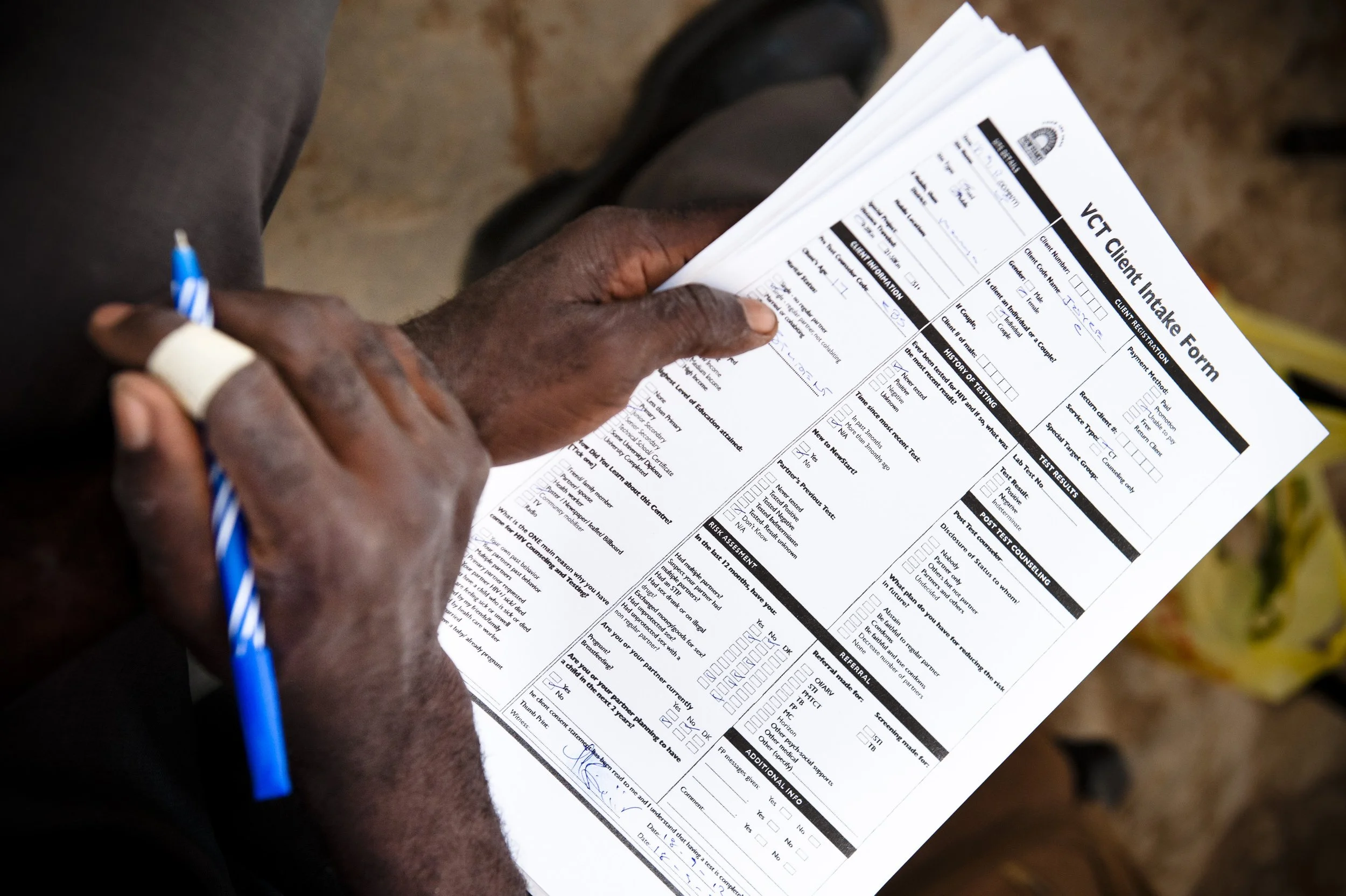why do we support a learning and evaluation mindset in our CBO grantee-partners?
Learning and evaluation means that we regularly measure program and organizational effectiveness as well as document what we and our grantee-partners learn. We employ transparent, open, and participatory learning and evaluation practices across all of our grantee clusters and support them to be transparent with their communities as well. We specifically target building a robust learning and evaluation mindset in our grantee-partners so they can sustain an ongoing, iterative, learning process in their work and communities long after we are gone.
The story of Tanzanian Firelight CBO grantee-partner Organization for Community Development (OCODE) illustrates the power of supporting a learning and evaluation mindset in our CBO grantee-partners:
In Tanzania, almost 50% of children graduate from class 7 without the ability to read and write. This problem has been further aggravated by Tanzania’s policy around “fee-free” primary education, which has drastically increased classroom sizes and often reduced education quality in primary schools. Based in Dar es Salaam, a Tanzanian city with a population of over five million residents, Organization for Community Development (OCODE) wanted to address this issue from its roots, involving children’s family, community members, and school teachers in helping children of class 1 and 2 in mastering foundational literacy and numeracy skills.
Beginning in 2014, Firelight funded OCODE to develop a multi-pronged program that trains school teachers in child-centered pedagogy, supports struggling children with afterschool remedial sessions in literacy and numeracy, and enables volunteer community-based facilitators to mentor and visit the most vulnerable children at home.
In combination with other forms of capacity building, Firelight invested deeply in OCODE’s monitoring, evaluation, and learning (MEL) capacity. In 2015, Firelight employed the expertise of the Aga Khan Foundation Institute of Educational Development (AKU-IED) to conduct a tailored capacity building in MEL for OCODE. Firelight wanted to ensure that the training was relevant and applicable to OCODE’s specific context, so the initial needs assessment was conducted at OCODE’s offices in Dar es Salaam. After understanding OCODE’s context, AKU-IED prepared a capacity building and ongoing mentorship plan that was directly linked to OCODE’s activities and programs. These trainings led to OCODE’s development of many of the MEL tools they currently use to measure their impact, and even the hiring of a full-time MEL Officer.
“Before the trainings, our approach to monitoring and evaluation was separate from the organization’s daily activities. There was no consistency in what information we collected, and we did not have the tools. But now we are more informed about how we can track change and measure the impact of our programs. We believe MEL is a system, and everyone in the organization contributes to that system.” - Joseph Jackson, OCODE Executive Director
In 2018, Firelight brought in the expertise of Nuru Lugumira and his team to conduct a training in MEL for the entire cohort of five organizations working on early learning in Tanzania. To truly understand CBOs’ capacity, the team conducted an initial scoping visit to all CBOs, followed by a comprehensive training for all CBOs. Afterwards, the team – in partnership with each CBO –prepared a full capacity building plan tailored to each CBO’s needs and capacity, involving many mentorship visits to refine and update tools around reporting, success stories, stakeholder analysis, and MEL framework/plan. Acknowledging OCODE’s existing strengths in monitoring, evaluation, and learning, this capacity building built upon those strengths and addressed remaining challenges.
The emphasis on learning in these trainings has also been especially helpful to OCODE, as they see their programs as constantly evolving and changing with new information, especially as they transition their program to new districts. They also actively inform their communities about progress made – analyzing data and simplifying lessons learned from their programs to share with stakeholders in the community.
“We are always learning, and when the data doesn’t show us what we want, we see it as a lesson, not a failure. It is not just about collecting evidence, but about learning from that evidence. We appreciate the capacity building that Firelight has provided. We are better off than where we started.” - Joseph Jackson, OCODE Executive Director
With much more strength in their monitoring, evaluation, and learning systems, OCODE has even secured new and increased funding from other external foundations, who are able to trust that OCODE can provide them with sound and detailed evidence of impact.


